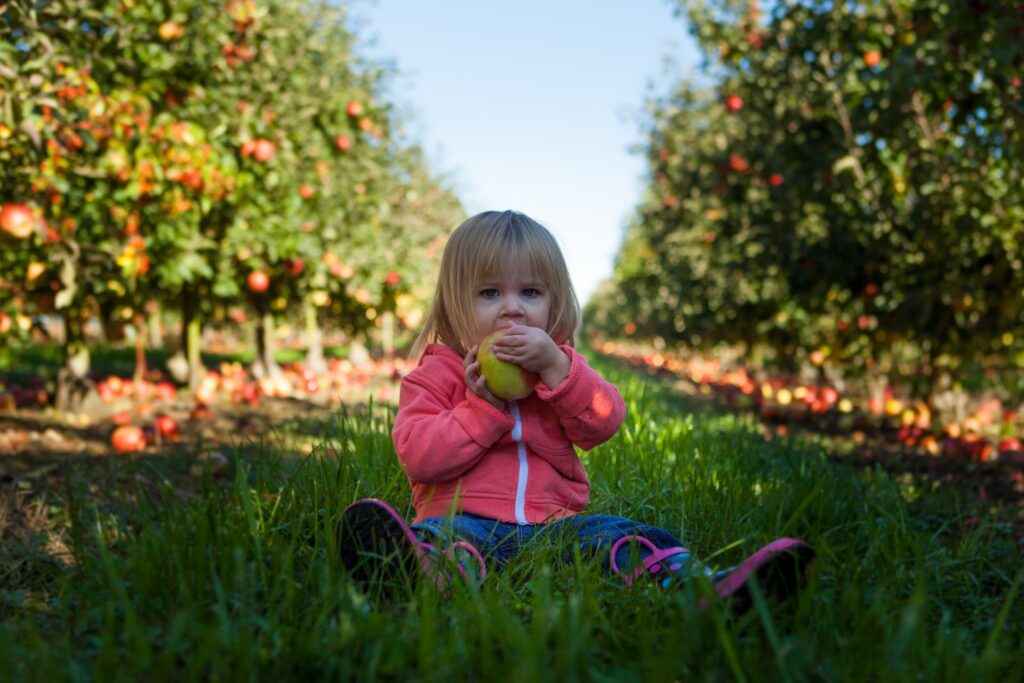Let’s start with worry. Worry never serves a purpose, it is not useful or helpful, but taking action to ensure that your relationship with food does not have an impact on your children IS important.
Don’t use this blog to feel guilty or think I should have done or should be doing better. It is not written for that. Guilt is also not an emotion that drives useful action. Instead, use it as it is intended, for ideas and information to help you to take steps to improve your and your children’s relationship with food and weight loss. In your wisdom, you get to decide what is useful for you and your family and what is not.
When discussing past beliefs with my clients we look back at what your parents taught you about food and eating. Not surprisingly, many of the challenges that my clients face around food stem from childhood.
Many of my clients report that their mothers were often on diets and trying to manage weight, they were made to finish all the food on their plate and were taught that people were starving in Africa. They were conditioned to eat to feel better or something sweet makes pain go away. They were taught that food was necessary for a celebration. As a result, food was given high importance. This was either importance of restricting certain food to lose weight or to eat food in excess to celebrate or to avoid feeling bad. Do either of these sound familiar to you?
But food does not need to be given such a high importance with children. A lot of the work I do with clients is to decrease foods importance in your life. If you are trying to lose weight, think about how you want to do that in a way that helps your children establish a healthy relationship with food.
You may think your children may not listen to the infinite wisdom you impart to them, but they are watching and do mimic your behaviours and routines. So, obsessing over being a smaller size, how amazing sugar makes you feel or highlighting how thin the model in the magazine is, could be inadvertently leaving an impression on your child. Think back to your own Mum or significant figure and what they modelled to you. Gillian McConnel a Dietitian shares more about *why not to talk about diets* in her blog.
As a parent you care about what you are teaching those impressionable young minds. Do you want to teach them that food should be good and bad, and you need to be on a diet to be happy with your body?
So, model good relationships with food for both you and your child. Teach them good habits. For those of you who are a bit like me and are ‘how’ greedy, here are some ideas.
- Talk out loud to your child about the things you are doing that demonstrate a healthy relationship with food.
- Talk about where hunger comes from – is your tummy hungry or is it a thought around boredom or sadness that is creating that feeling of hunger for you. You can model the idea that you know where hunger comes from because you can feel it. I work on the actual experience of physical hunger with clients and find it is an area most people need to work on in weight loss.
- Create your own dinner routine for those moments that children come and ask for food 15 minutes before their super nutritious dinner is coming out. For example: ask them to have a drink of water and come back in 5 minutes. If they are still hungry, get them to have a piece of fruit or a handful of nuts (unless they are allergic to nuts of course!). One of my very good friends has a platter of vegetable sticks or salad ready that would normally accompany the meal. She passes that to her children to make a start on before dinner is ready. I find offering a small cup of peas which can be prepared quickly in the microwave is a good way to find out if your child is truly hungry and to stop them from begging for biscuits. My boys prefer their pea’s hot (who doesn’t!), so they quite enjoy sitting down at the table and eating these before we all sit down to dinner.
- Portion snacks for you and your child. Put them in a small bowl or cup. Tell them that if you are still hungry after the portion you can always get some more.
- Role model leaving food on your plate if you are satisfied and say out loud that you have had enough and explain how you know that you are satisfied.
- Don’t call food good and bad. It insinuates that if you eat a bad food, then you are bad. There is just food, you don’t need to label it. Don’t’ make out that salads or vegetables are horrible and sweet foods are awesome.
- Experiment which vegetables taste better than others and continue to offer them on a child’s plate. A food nutritionist once told me it can take a child up to 13 times of trying a food before they decide that they like it.
- Get your kids to buy into recognising what foods work well in their body. My son wants to be a professional sports star one day (he is 10). He is starting to explore different foods but was not particularly great at his breakfast choices. We looked at it like an experiment, which breakfast worked best in your body and was able to fuel you until break time at school? You will have to work with them on the reflection part!
- Watch comments like ‘you have not had enough’. Making your children eat more than their bodies require for fuel can create patterns of overeating. You as a parent know your child and have the best wisdom here. I have watched my husband battle with my 8-year-old son over when he should eat lunch. My extraordinarily strong willed 8-year-old often has a big breakfast and decides he is not hungry when it is ‘lunch time’. My husband maintains he needs to eat lunch at a certain time. I, on the other hand, respect my son’s ability to decide on his own hunger levels and use this scenario as a method to teach him to plan his food to suit the energy he will need in a day. If he has the luxury of having a later lunch on the weekend, then this will work, but perhaps he may need to have a smaller breakfast on a school morning, so he is hungry enough for lunch during the school lunch hour. He would be devastated if he ran out of energy to play his best football!
The great news is why you may have to relearn behaviours when it comes to food, for example eating good fat and decreasing your sweet tooth or desire for sugar, your child is learning it for the first time. Isn’t that a great reason to commit to taking care of yourself by establishing a healthy relationship to weight and food? Because if you can model these behaviours and not make food so important, your children are more likely to follow suit.
If you want more advise on any of the above or want to see how weight coaching could help you and your family, click on my contact page and let’s have a chat.
Have a beautiful day.



